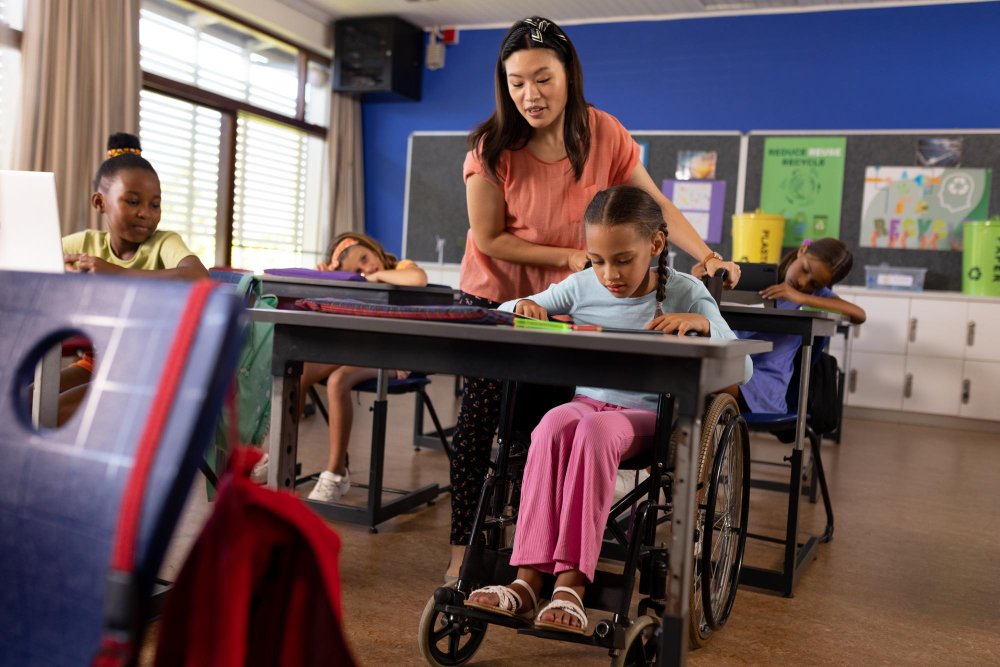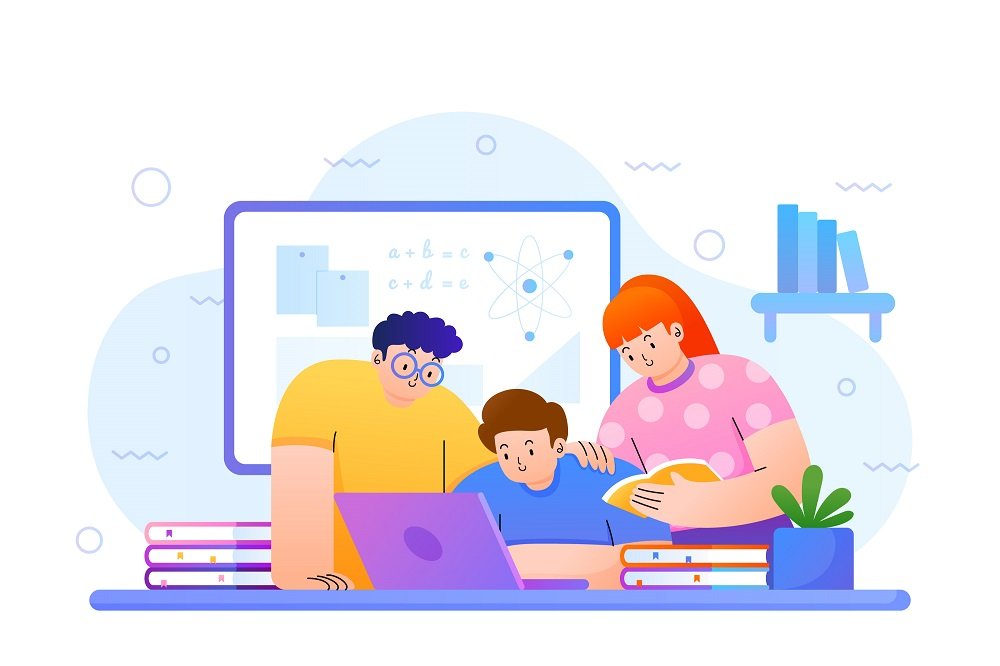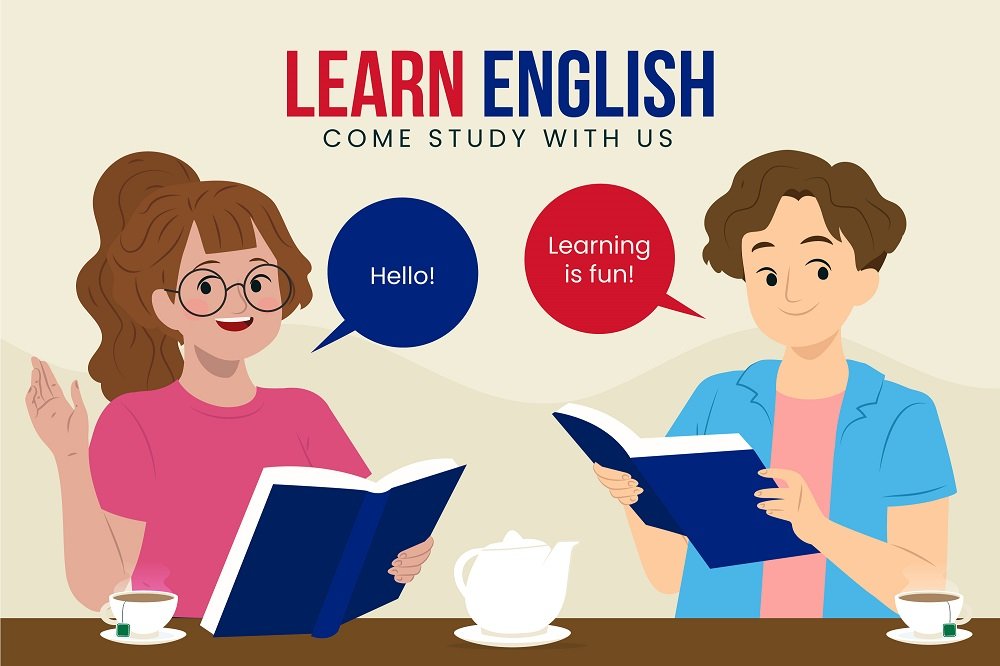Education is a fundamental aspect of a child’s development, but for some children, learning can be a complex and challenging process. Learning disabilities, characterized by difficulties in acquiring and processing information, can significantly impact a child’s academic performance and overall well-being.
Recognizing the most common types of learning disabilities and their associated symptoms is crucial for early intervention and support. Here are five of the most prevalent learning disabilities in children and their respective symptoms:
1. Dyslexia:
- Symptoms: Difficulty with reading, spelling, and decoding words.
- Children with dyslexia may struggle to recognize letters, blend sounds to form words, and comprehend written text. They may also exhibit slow and inaccurate reading, as well as difficulties with phonological awareness and word retrieval.
2. Attention-Deficit/Hyperactivity Disorder (ADHD):
- Symptoms: Inattention, hyperactivity, impulsivity.
- Children with ADHD often have trouble sustaining attention, following instructions, and organizing tasks. They may fidget, squirm, or interrupt others frequently. Additionally, impulsivity may lead to impulsive decision-making and difficulty waiting their turn.
3. Dyscalculia:
- Symptoms: Difficulty with mathematical concepts and calculations.
- Children with dyscalculia may struggle with basic arithmetic operations, number sense, and understanding mathematical symbols. They may have difficulty counting, estimating quantities, and recognizing patterns in numbers and equations.
4. Dysgraphia:
- Symptoms: Impaired handwriting, spelling, and written expression.
- Children with dysgraphia may have illegible handwriting, inconsistent letter formation, and difficulty with spacing and alignment. They may also struggle with spelling, grammar, and organizing their thoughts coherently in written form.
5. Auditory Processing Disorder (APD):
- Symptoms: Difficulty understanding and processing auditory information.
- Children with APD may struggle to follow spoken instructions, distinguish between similar sounds, and filter out background noise. They may also have trouble with language comprehension, speech perception, and phonemic awareness.
Early identification and intervention are critical for supporting children with learning disabilities and mitigating the impact on their academic and social development. If you suspect that your child may have a learning disability, consult with educators, healthcare professionals, and specialists to conduct comprehensive assessments and develop tailored intervention plans. With appropriate support, children with learning disabilities can thrive academically and reach their full potential.
Let’s work together to create an inclusive learning environment where every child can succeed. Enroll Now





